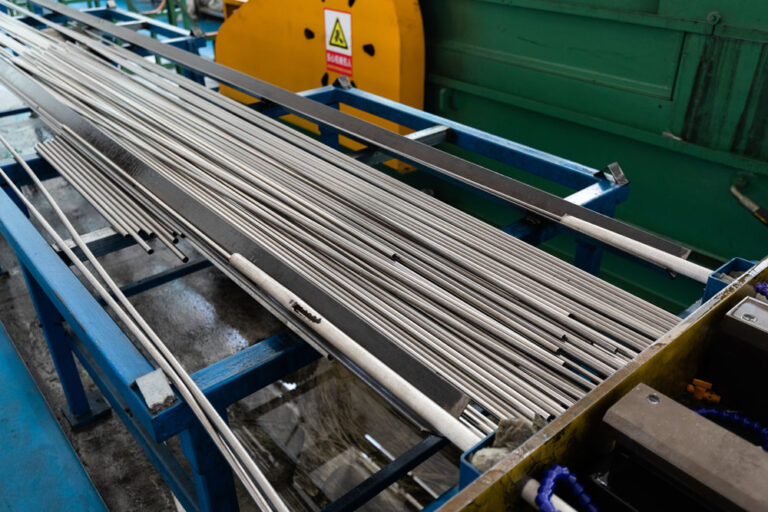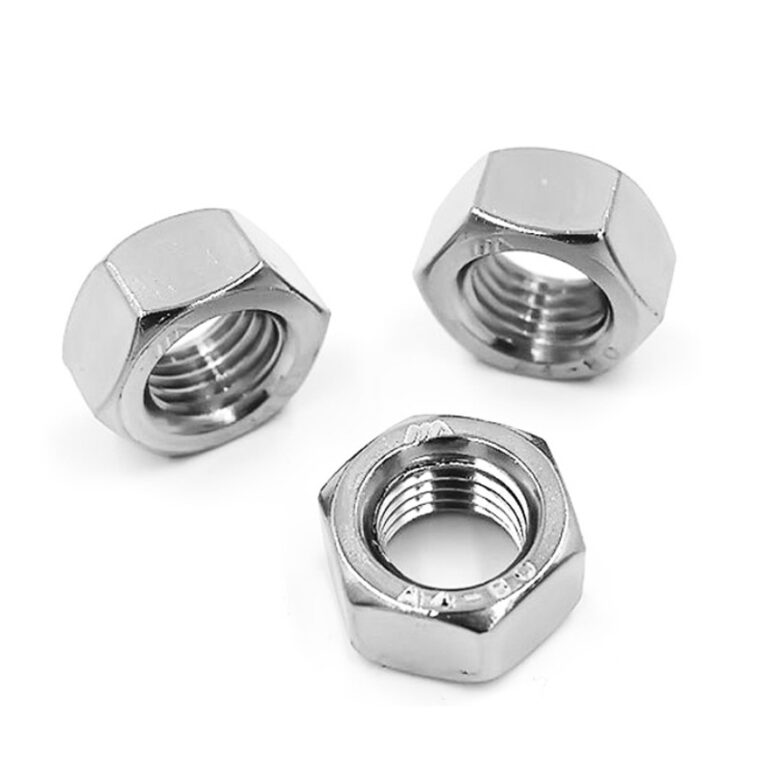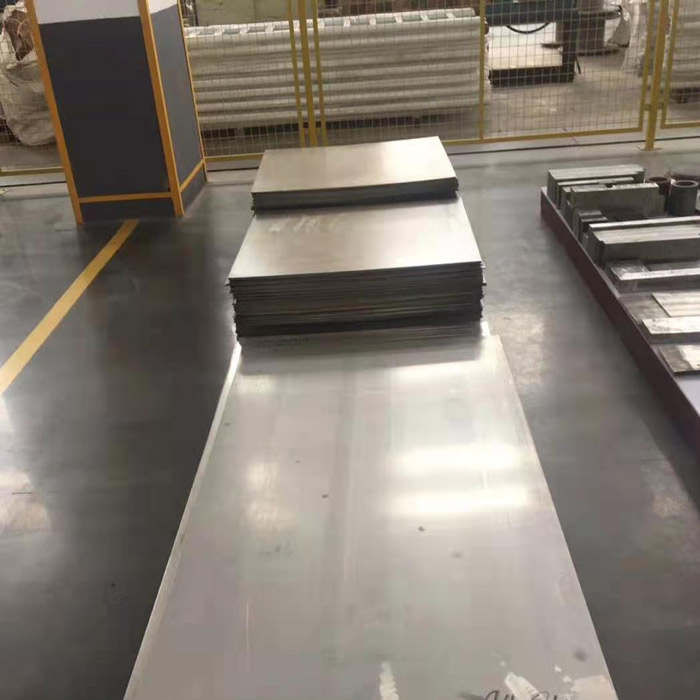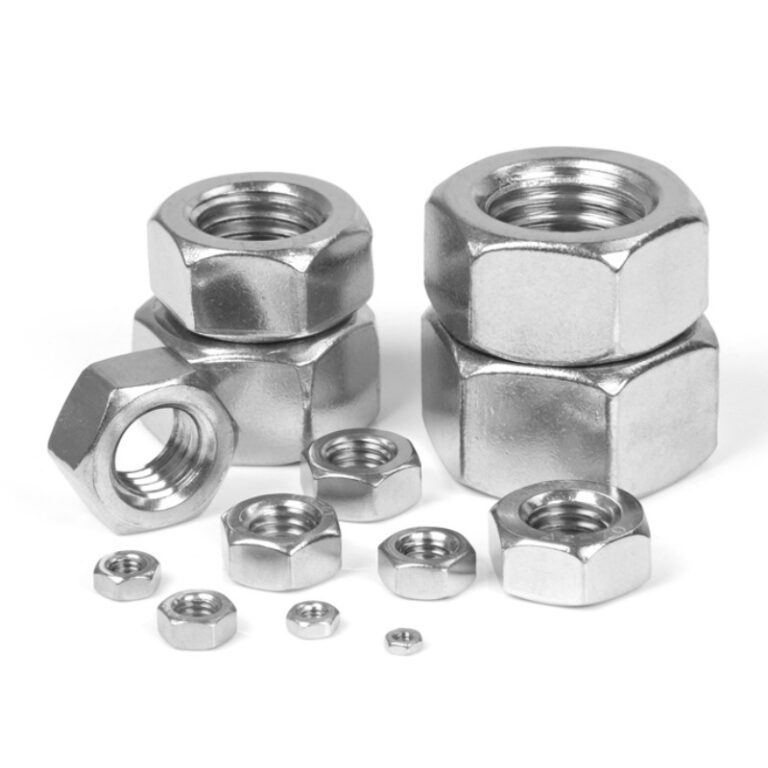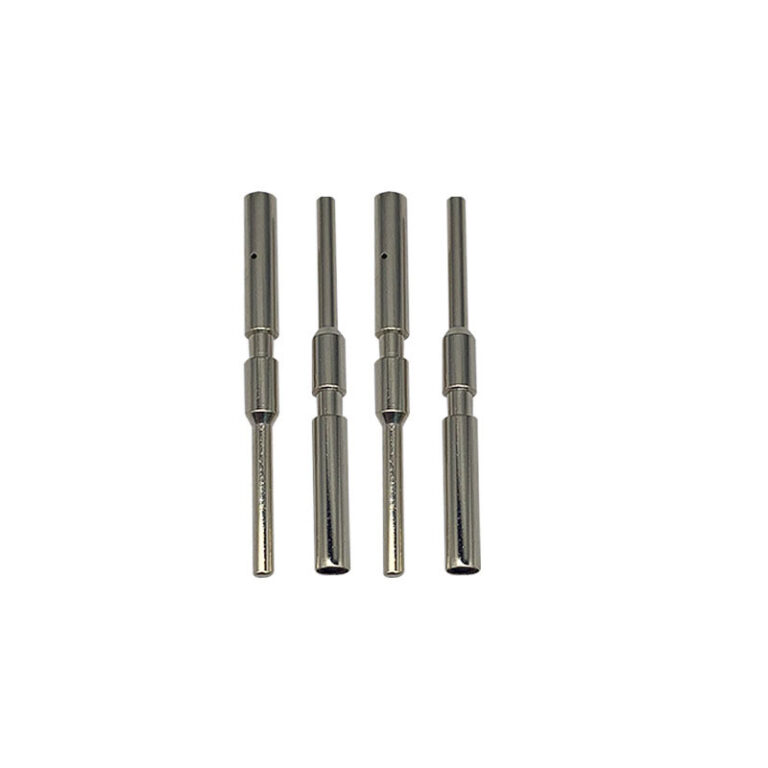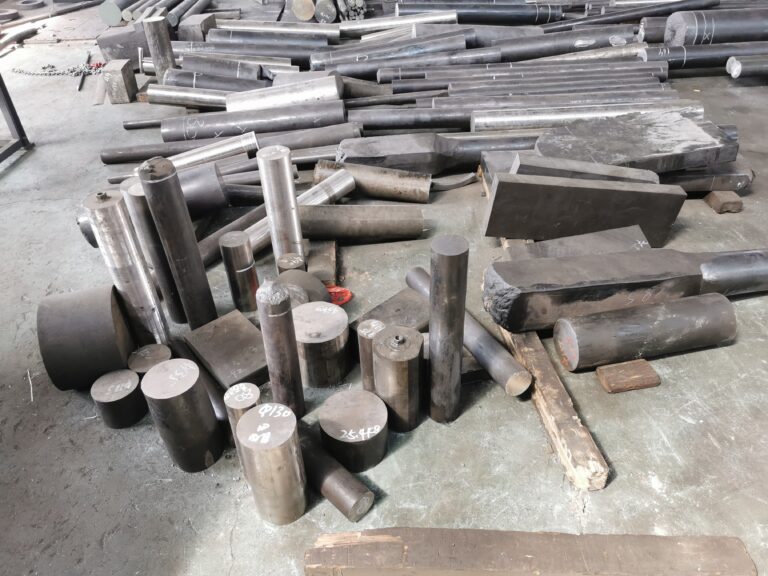Kovar 29, also known as 4J29 or Kovar alloy, finds extensive application within the realm of precision alloys. The following is a detailed analysis of its utilization within this field.
Key Performance Characteristics
- Low Coefficient of Thermal Expansion (CTE): Kovar 29 exhibits a CTE that closely matches that of materials such as borosilicate glass, enabling minimal dimensional changes during temperature fluctuations. This ensures the stability and reliability of sealed components, particularly crucial in precision manufacturing where tight tolerances are essential.
- Excellent Workability: The alloy boasts excellent processability, allowing for forging, rolling, drawing, welding, and machining into intricate shapes. This enhances production efficiency and flexibility, making Kovar 29 a popular choice for precision manufacturing applications.
- Superior Mechanical Properties: With high tensile strength, yield strength, and hardness, Kovar 29 can withstand demanding mechanical stresses and fatigue loads. Its mechanical prowess shines in applications requiring resilience under challenging conditions.
- Excellent Thermal Stability: The alloy maintains stable performance across a broad temperature range, suitable for both high and low-temperature environments. This property ensures Kovar 29’s continued excellence in extreme temperature scenarios.
Application Domains
- Electron Vacuum Industry: In the manufacturing of electronic vacuum components like emission tubes, oscillators, ignitrons, magnetrons, and transistors, Kovar 29 serves as the primary sealing material, providing a tight seal with hard glass for gas tightness and reliability.
- Aerospace Industry: Its exceptional mechanical properties and dimensional stability make Kovar 29 a vital material for aerospace applications, including satellite structures and rocket engine components, ensuring stability and reliability under extreme conditions.
- Electronic Packaging: In packaging integrated circuits, electron tubes, and other electronic devices, Kovar 29 provides stable dimensions and performance, safeguarding electronic components from thermal stresses, thereby enhancing product stability and reliability.
- Medical Devices: Its good biocompatibility and mechanical properties render Kovar 29 suitable for medical applications like artificial heart valves and prosthetics, which require long-term implantation within the human body.
- Microwave Devices: Kovar 29’s low CTE and excellent electrical conductivity minimize frequency drift due to temperature changes, enhancing the performance of microwave devices such as resonators, filters, and delay lines.
- Other Fields: Furthermore, Kovar 29 finds applications in energy, communication, and other sectors. For instance, in nuclear reactors, it contributes to critical components, while in telecommunications, it facilitates high-frequency, high-speed connectors and cables.
Conclusion
In conclusion, Kovar 29’s unique properties position it as a versatile material in the precision alloy landscape. As technology progresses and industrial demands evolve, the expectations for material performance will continue to rise. Future developments may see Kovar 29 expand its reach into new domains and further refine its properties. Additionally, environmental consciousness and sustainable development strategies will likely emphasize the alloy’s eco-friendliness and sustainability.
